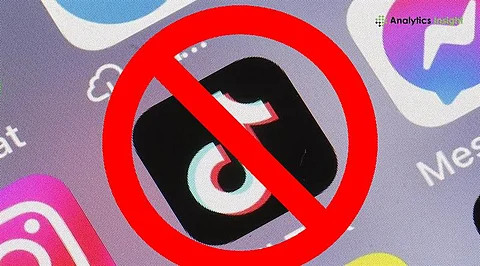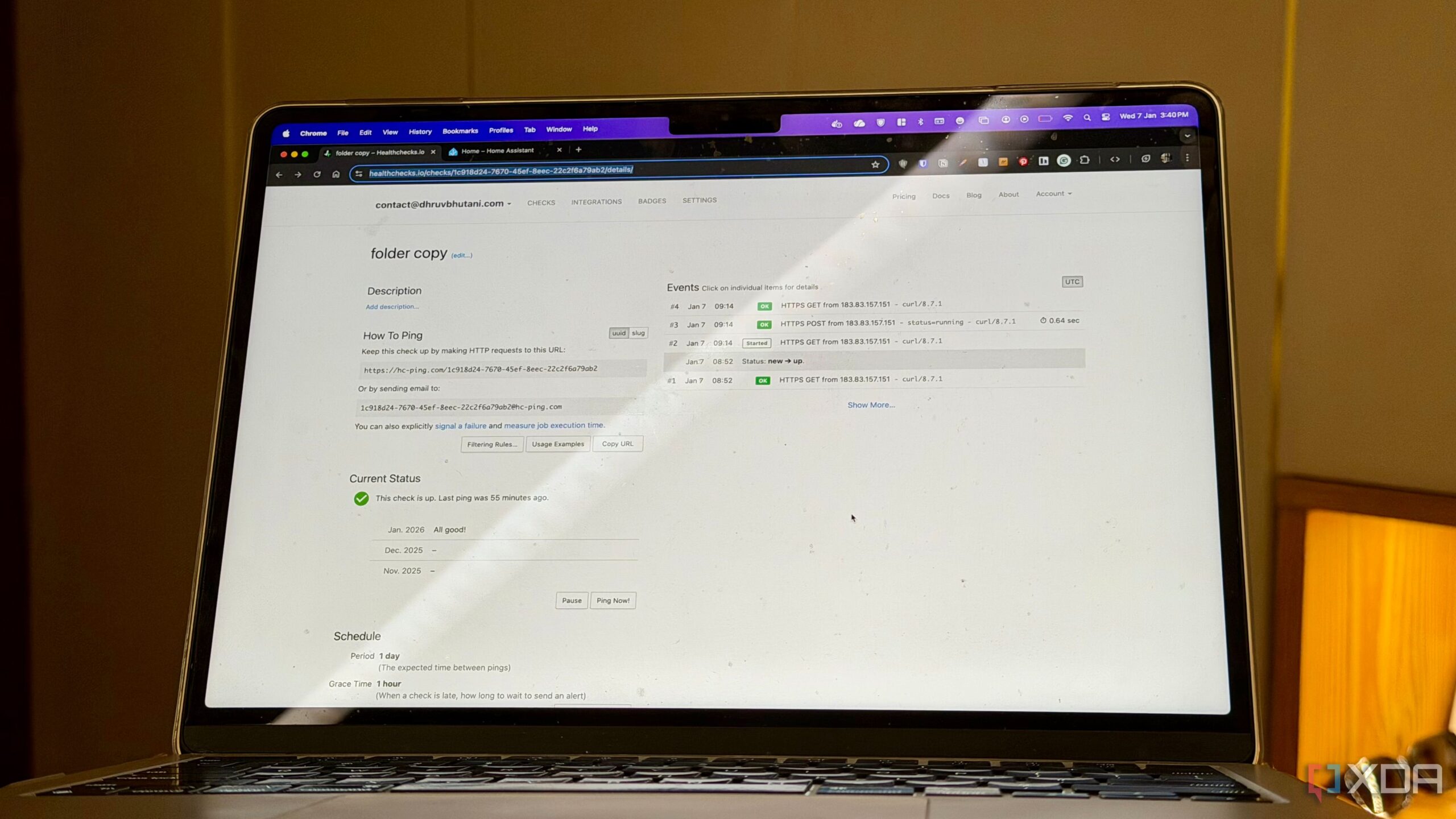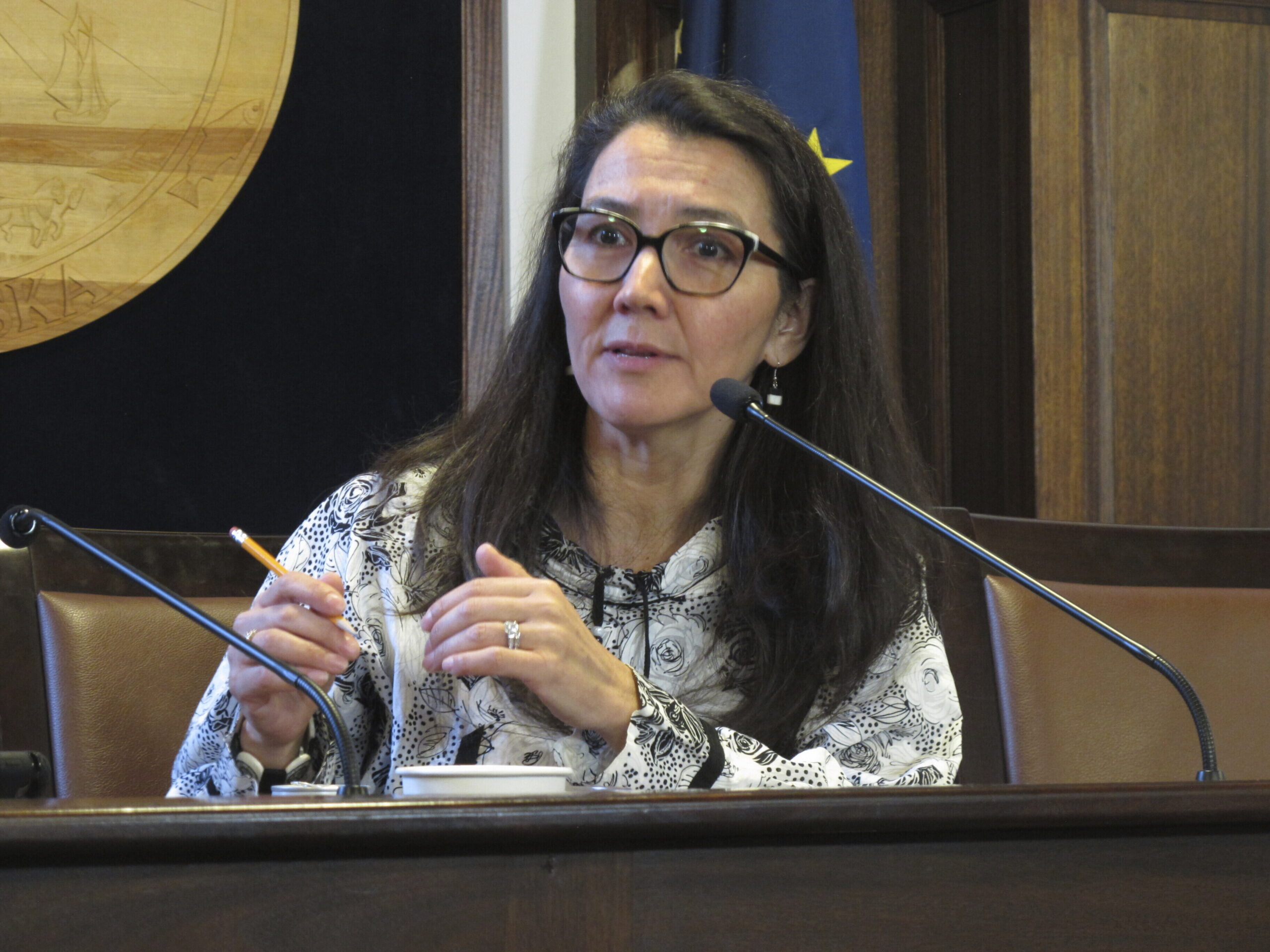
Australia has announced a significant expansion of its social media restrictions, prohibiting users under the age of 16 from accessing various platforms, including Twitch, which is owned by Amazon. This new regulation will take effect on December 10, 2023, and marks a notable shift in the country’s approach to online safety for teenagers.
Reasons Behind the New Restrictions
The decision to include Twitch in the ban stems from increasing concerns over the mental health of teenagers and their exposure to potentially harmful content. Regulators have identified the platform’s live-streaming format as particularly risky due to its capacity for real-time interactions, which can leave minors vulnerable to harassment and inappropriate behavior. In contrast, Pinterest has been exempted from these restrictions, as its focus on creative and lifestyle content presents fewer risks.
Under the new rules, children aged under 16 will be prohibited from creating accounts on any social media service primarily designed for social interaction. Previously, the minimum age for these platforms was set at 13. This change affects several major platforms, including Facebook, Instagram, TikTok, YouTube, Reddit, Threads, Kick, and Twitch. Companies failing to comply with the new regulations could face penalties of up to AUD 49.5 million for violations. Importantly, the enforcement of these rules will not penalize minors or their parents; instead, the responsibility lies solely with the platforms themselves.
Age Verification Methods and Public Response
The legislation mandates that platforms take “reasonable steps” to verify the ages of their users, although it does not specify a single method for doing so. Companies may employ a combination of age verification techniques, including document checks, facial and voice analysis, and behavioral age inference. Government-issued identification alone cannot serve as the only means of verification.
The implementation of these restrictions is already in progress, with platforms beginning to delete accounts belonging to minors. Those who believe they have been incorrectly flagged can appeal for access restoration by providing an ID or submitting a video selfie.
Despite the rationale behind the ban, there has been pushback from various quarters. Critics argue that the scope of the restrictions is overly broad and raise concerns regarding the privacy implications of using biometric data for age verification. Organizations like UNICEF warn that these measures could isolate young people from vital online communities that provide essential support. However, public support for the initiative remains strong, with many viewing it as a necessary step toward protecting young users. Governments globally are observing Australia’s pioneering approach to social media regulation.
As Australia leads the way in implementing these stringent age restrictions, discussions are emerging in other countries regarding similar measures. In India, where a vast youth population navigates the online landscape, there is potential for an age limit to safeguard teenagers against adverse content. Yet, the challenges of enforcement and the disparities in internet access present significant hurdles. A balanced approach that combines regulation, digital literacy, and platform accountability may prove more effective in addressing the diverse needs of India’s digital ecosystem.







